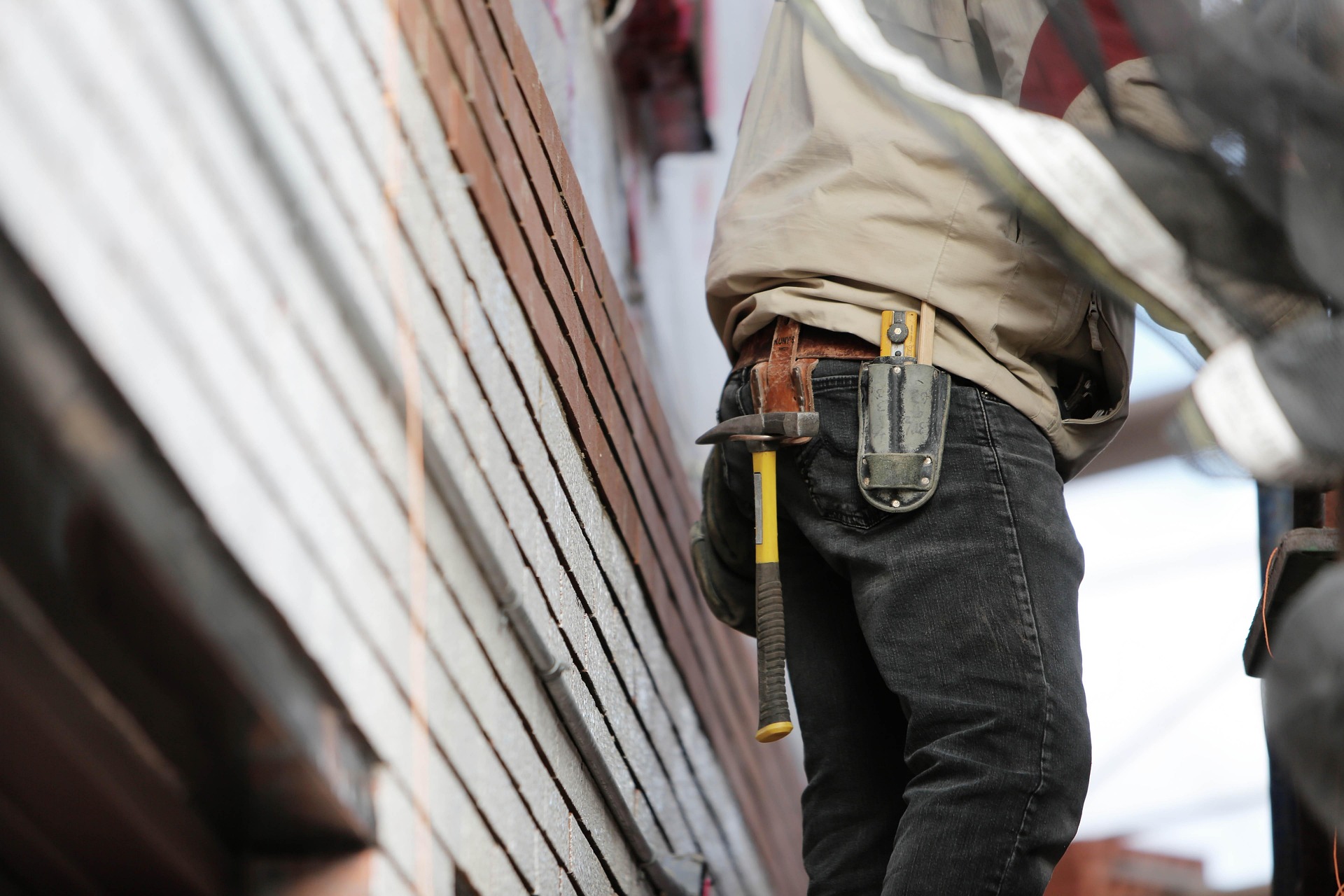What to Know About Brick Mason Jobs in Structural and Site-Based Work
Brick mason roles contribute to core structural tasks and finishing stages across build sites. These jobs often require precise coordination and reliable technique. • Core tasks may include bricklaying, mortar mixing, and leveling • Teams are formed based on project type and phase • Work involves coordination with site plans and structural layouts • Conditions may change based on weather or build speed

What Typical Tasks Include Layout Setup, Brick Placement, and Finish Checks
Professional brick masons begin each project with careful planning and measurement. Layout setup involves reading blueprints, marking guidelines, and establishing level reference points to ensure structural integrity. This preparatory phase determines the success of the entire installation, requiring precision and mathematical skills to calculate materials and spacing.
Brick placement follows established patterns and techniques passed down through generations of craftspeople. Masons apply mortar, position each brick according to specifications, and maintain consistent joints throughout the structure. The process demands steady hands and an eye for alignment, as even small deviations can compromise both appearance and stability.
Finish checks represent the final quality control phase, where masons inspect their work for proper alignment, joint consistency, and overall appearance. This stage often includes cleaning excess mortar, applying protective sealants, and making minor adjustments to achieve professional standards that meet building codes and client expectations.
How Work May Require Alignment Tools, Scaffolding, or Safety Equipment
Modern masonry work relies heavily on specialized equipment to ensure accuracy and worker safety. Alignment tools include levels, plumb lines, and laser guides that help maintain straight walls and proper angles throughout construction. These instruments are essential for meeting architectural specifications and building code requirements.
Scaffolding systems provide safe access to elevated work areas, allowing masons to build walls of various heights while maintaining proper working positions. These temporary structures must be properly assembled and inspected regularly to prevent accidents and ensure stable working platforms for both workers and materials.
Safety equipment forms a critical component of daily operations, including hard hats, safety glasses, work gloves, and steel-toed boots. Respiratory protection may be necessary when cutting materials or working in dusty conditions, while fall protection harnesses become mandatory when working at significant heights.
When Crews Often Build Walls, Partitions, or Exterior Layers
Construction crews tackle diverse projects that showcase masonry skills across different applications. Wall construction represents the most common assignment, involving load-bearing structures that form the backbone of buildings. These projects require coordination with other trades and adherence to engineering specifications for structural soundness.
Partition walls serve to divide interior spaces in commercial and residential settings. While typically non-load-bearing, these installations demand precise measurements and professional finishing to integrate seamlessly with existing architecture and mechanical systems.
Exterior layers, including veneer applications and curtain walls, focus on both protective and aesthetic functions. These projects often involve complex installation techniques, weather-resistant materials, and coordination with insulation and moisture barrier systems to ensure long-term performance.
How New Hires May Assist with Prep Work and Material Handling
Entry-level positions typically begin with support duties that provide valuable learning opportunities. Material handling involves transporting bricks, blocks, mortar, and tools to work areas while maintaining organized job sites. This responsibility teaches new workers about different materials and their applications in various projects.
Prep work includes mixing mortar to proper consistency, cutting materials to required dimensions, and setting up work areas for experienced masons. These tasks allow newcomers to observe professional techniques while contributing meaningfully to project completion and developing foundational skills.
Apprenticeship programs often combine on-the-job training with classroom instruction, covering safety protocols, blueprint reading, and masonry techniques. This structured approach helps new hires progress from basic assistance to independent work under supervision, eventually developing into skilled craftspeople.
Why Work Hours Are Commonly Based on Build Stages and Weather Planning
Construction scheduling directly influences mason work hours, with projects progressing through distinct phases that determine workforce needs. Foundation and structural phases may require intensive masonry work, leading to extended hours or multiple shifts to maintain project timelines and coordination with other trades.
Weather conditions significantly impact outdoor masonry work, as extreme temperatures, precipitation, and humidity affect mortar curing and working conditions. Cold weather may require heated enclosures or modified materials, while hot conditions demand adjusted work schedules to prevent rapid mortar drying and ensure proper bonding.
Seasonal variations create fluctuating demand for masonry services, with peak activity during favorable weather months and reduced opportunities during winter in many regions. This cyclical nature often influences employment patterns, overtime availability, and project planning throughout the construction industry.
| Position Level | Average Hourly Rate | Annual Salary Range |
|---|---|---|
| Entry-Level/Apprentice | $15-20 | $31,000-42,000 |
| Experienced Mason | $22-32 | $46,000-67,000 |
| Master Mason/Supervisor | $30-45 | $62,000-94,000 |
Prices, rates, or cost estimates mentioned in this article are based on the latest available information but may change over time. Independent research is advised before making financial decisions.
Brick mason careers offer stable employment opportunities for individuals seeking hands-on work in the construction industry. The combination of traditional craftsmanship and modern techniques provides diverse project experiences, from residential renovations to large commercial developments. While physical demands and weather dependencies present challenges, the trade offers clear advancement paths, competitive compensation, and the satisfaction of creating lasting structures that contribute to community development and architectural heritage.




